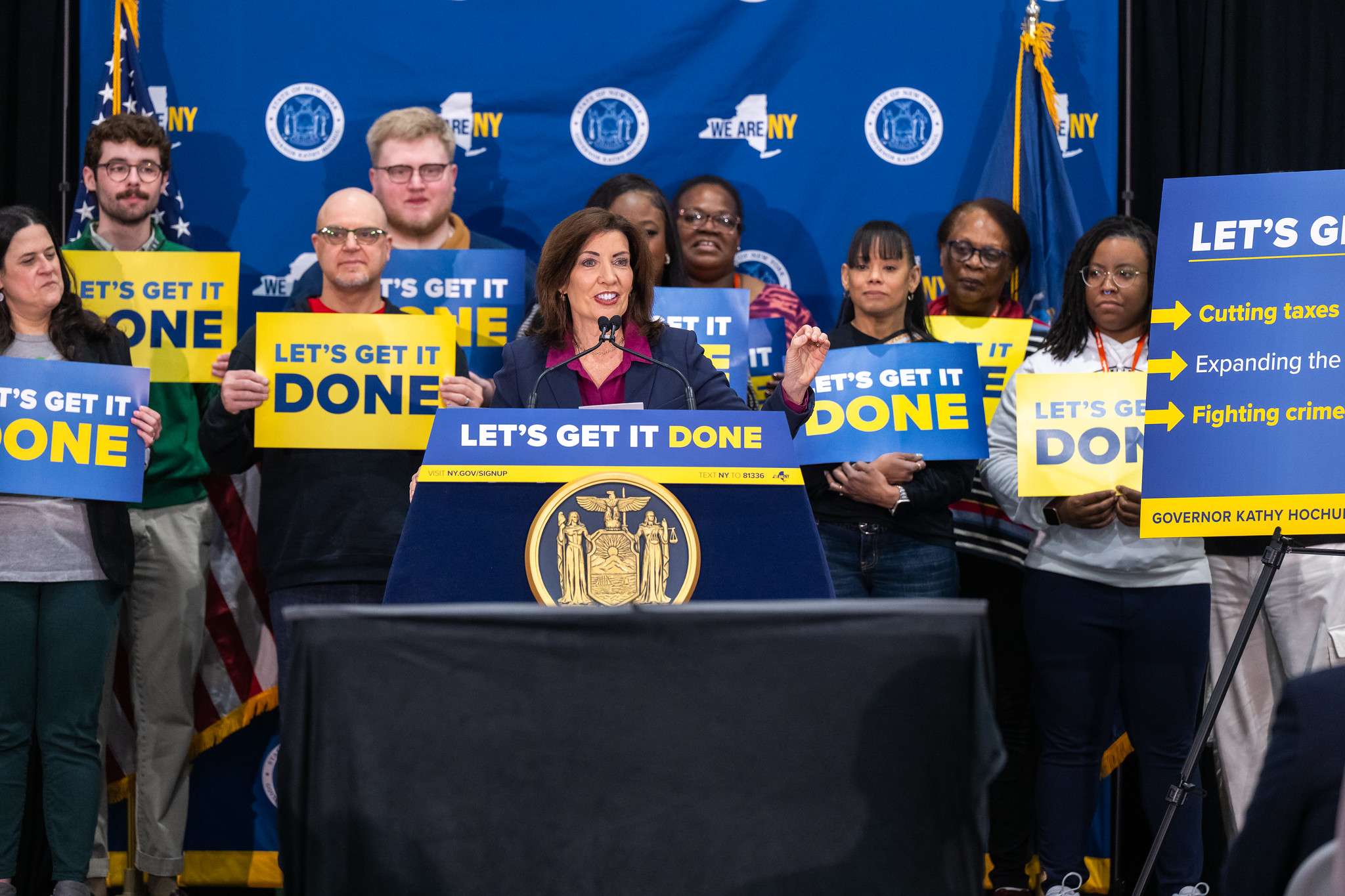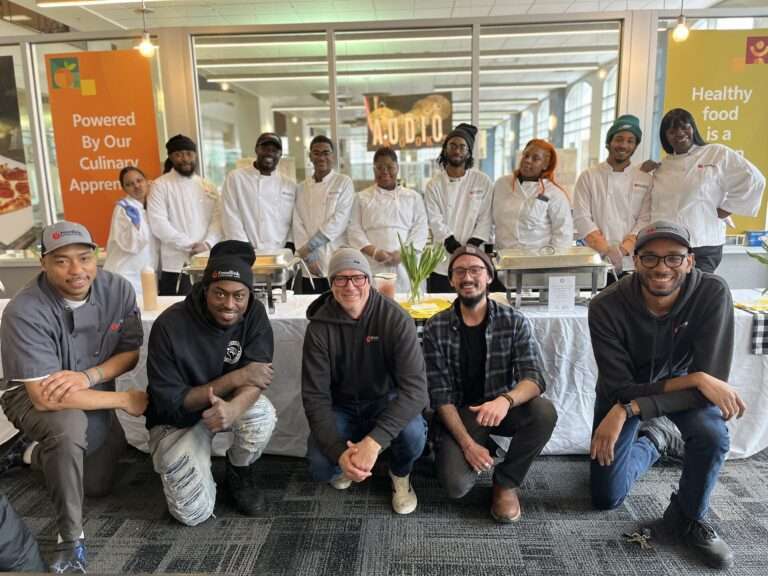Anti-hunger advocates celebrated the long-awaited return of the White House Conference on Hunger, Nutrition & Health on Wednesday — the first such conference in more than 50 years.
The previous conference that took place in 1969 saw major policy changes and legislation that directly impacted or launched federal nutrition progams, such as SNAP, WIC, school meals, dietary guidelines and more.
This year’s conference arrives, of course, as America seeks to rebound from the COVID-19 pandemic, but also grapples with high inflation that has caused grocery prices to rise between 10-15 percent for families nationwide. Moreover, many federal programs that helped prevent sharp rises in poverty and food insecurity in recent years, have slowly started to sunset.
“In America, no child, no child should go to bed hungry,” Biden said. “No parent should die of disease that can be prevented.”
NPR: Key takeaways from the conference
White House released its 44-page summary of its National Strategy in anticipation of the conference, and it focuses on 5 pillars:
- Improve Food Access & Affordability
- Integrate Nutrition & Health
- Empower All Consumers to Make and Have Access to Healthy Choices
- Support Physical Activity for All
- Enhance Nutrition & Food Security Research
Feeding America, in anticipation of the conference, released its “Elevating Voices” report that focused on drawing recommendations from those with lived expertise. Foodlink hosted two focus groups (one in Rochester, one in Livingston County) and interviewed 14 food pantry clients to contribute to the report.
Renowned chef and prominent anti-hunger advocate, Jose Andres, celebrated the significance of the conference by saying: “Today is a historic day…and it’s only the start of what we all must do to solve this problem.”
<iframe width=”560″ height=”315″ src=”https://www.youtube.com/embed/Xfp9Cn5A5Mc” title=”YouTube video player” frameborder=”0″ allow=”accelerometer; autoplay; clipboard-write; encrypted-media; gyroscope; picture-in-picture” allowfullscreen></iframe>






